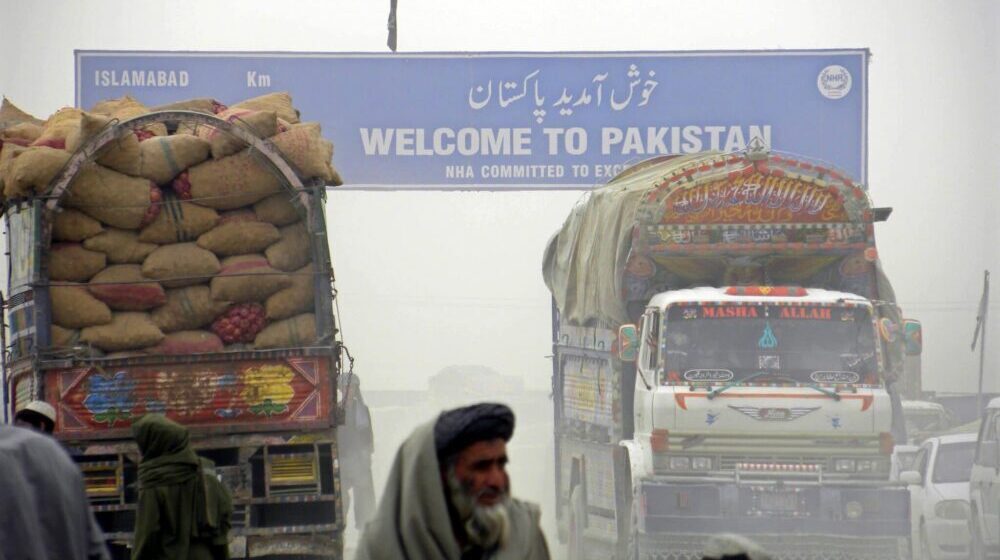The Federal Cabinet of Pakistan has recently made a decision to allow the passage of 40 feet containers containing banned auto parts into Afghanistan. This decision comes at the request of the World Food Program (WFP), which requires these spare parts for their fleet of Renault trucks. However, this move has raised concerns among cabinet members who fear that these items may find their way back into the country through smuggling channels. In this article, we will delve into the details of this decision and the factors surrounding it.
1. The Background
1.1 The Ban on Transit of Auto Parts
Since 2004, the Commerce Ministry of Pakistan has prohibited the transit of certain auto parts under the Pakistan Transit Trade Agreement (APTTA-2010). This measure was implemented to curb smuggling activities associated with these items.
1.2 Exception for International Organizations
Despite the ban, the Federal Cabinet has occasionally allowed the transport of these banned auto parts upon the request of various international organizations such as the United Nations High Commissioner for Refugees (UNHCR), the United Nations Assistance Mission in Afghanistan (UNAMA), and the World Health Organization (WHO). These organizations have argued that the banned spare parts are essential for their operations.
READ MORE:
Google Bard: Expanding Horizons with Exciting New Features
1.3 Previous Attempts for Streamlining the Process
In 2017, the Ministry of Commerce proposed a change in the procedure by requesting the Federal Minister of Commerce to sign off on shipments after ensuring no associated commercial value. However, the cabinet insisted on reviewing each case individually.
2. Concerns and Justifications
2.1 Smuggling Concerns
Members of the Federal Cabinet have expressed concerns that allowing the passage of these banned spare parts could lead to their smuggling back into the local market. They fear that once these items reach Afghanistan, they may find their way back into Pakistan through illicit channels.
2.2 One-Time Exception for WFP
In response to these concerns, the authorities have assured the cabinet members that the decision to allow the passage of these auto parts is a one-time exception exclusively for the World Food Program. The approval is specifically for a single container and not a general policy.
2.3 The Importance of WFP’s Fleet
The World Food Program relies on a fleet of Renault trucks to transport essential supplies and aid to vulnerable populations in Afghanistan. The availability of spare parts is crucial to ensure the smooth operation and maintenance of these vehicles.
3. Recent Approval for Transshipment
In line with the one-time exception, the cabinet has approved the transshipment of a container containing these banned auto parts. The container arrived at the Karachi Port last month and will be transported to Afghanistan under the supervision of the World Food Program.




